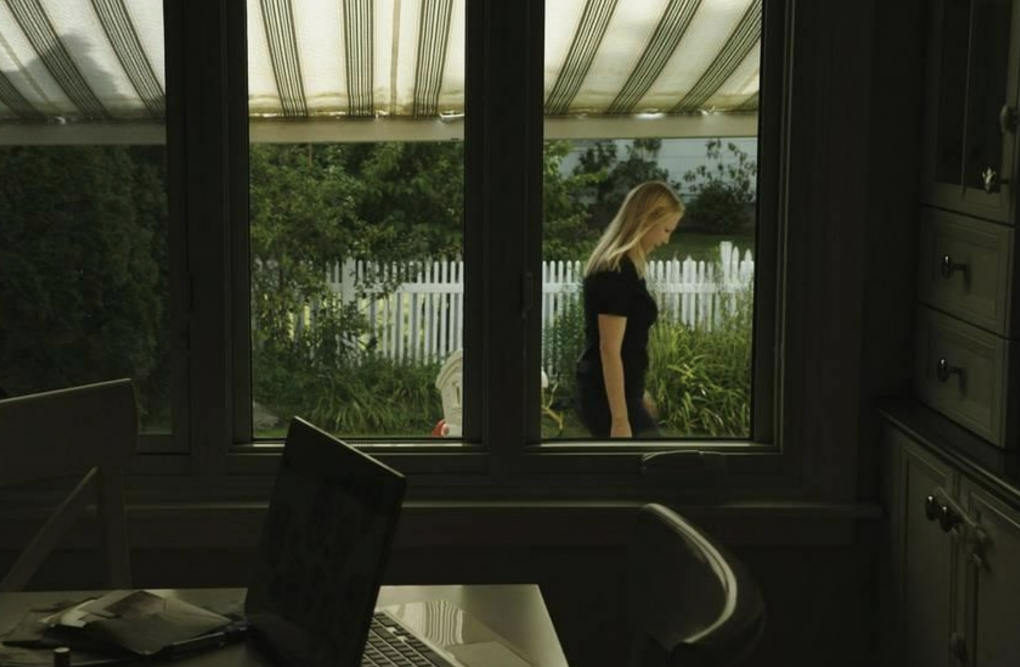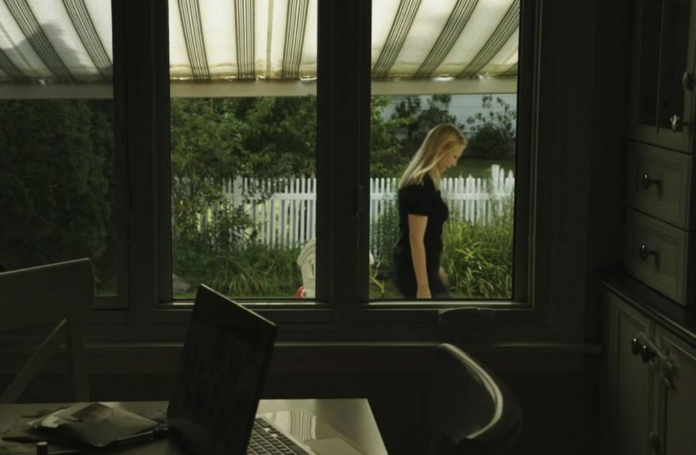
The documentary sketches a fascinating “brief history of public shaming,” starting at the dawn of civilization, running through the introduction of the pillory, and then onto the invention of the printing press, tabloids and, finally, the internet. At one point, while talking about punishments doled out in town squares hundreds of years ago, cultural historian Dr. Tiffany Watt says: “This is a person who is suffering because they’ve done something wrong. And we have to punish them in order to tell everyone else not to do the same thing.” It’s clear in that moment the impulse to publicly shame is a thread that’s been present throughout history, and that the internet is merely the latest conduit for it.
15 Minutes excels when discussing the psychology behind internet pile-ons. UCSF neuroscientist and psychologist Dr. Helen Weng explains why it’s harder for our brains to recognize people as full humans when we can’t see their faces and body language. Watt shares that one study of soccer fans found they felt a greater sense of joy from seeing rival teams fail than they did from seeing their own teams score. “What that showed,” Watt notes, “is that we enjoy seeing other people fail more than we enjoy winning, ourselves.” Being divided into “rival tribes,” Watt adds, “is a very, very dangerous place for a society to be in.”
The cultural commentators throughout 15 Minutes of Shame offer up similarly thought-provoking analysis. Segments with Roxane Gay perfectly encapsulate the struggles of online discourse. On one hand, Gay talks about why fighting back online is so necessary. “People are so unseen and so unheard and they’ve been so unrepresented for so long, and you see something done about it. That is incredibly satisfying.” On the other hand, Gay acknowledges the deep flaws of the format. “People love to say … ‘I am not responsible for dehumanizing the person, the internet is,’” she notes. “The internet is there, but we are responsible for the ways in which we dehumanize each other.”
15 Minutes also takes the time to find out how tech companies are complicit in that dehumanization. Technology ethicist Tristan Harris, a former Google employee, explains: “One NYU study found that for every word of moral outrage—negative human emotions—that you added to a tweet … it increased the retweet rate by 13%.” Harris goes on to compare Twitter’s algorithm to rubbernecking. Its desire, he notes, is to feed us “car crash after car crash after car crash.”








